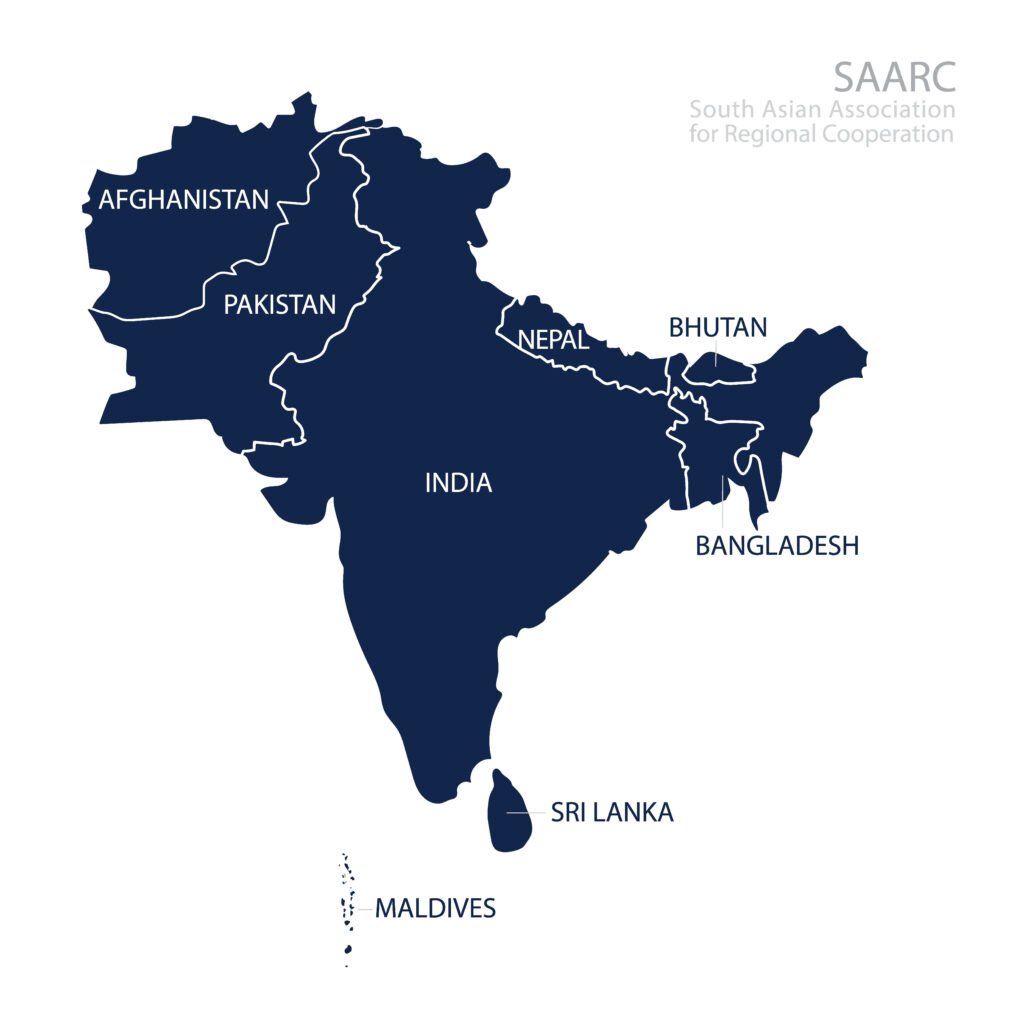The 18th July to 17th August 2023 marks South Asian Heritage Month, 5 years since its founding in 2018. This year’s theme is about the “stories to tell” of those of South Asian heritage, from stories of identity, faith, family and culture. In line with the Trust’s values- to “celebrate”, “commemorate”, “educate”– this month is an opportunity for us all to celebrate the significance of South Asian heritage in the workplace and British society.
As the buzz of The Ashes continues into the 4th test, cricket continues to be on the minds of many.
Though an incredibly popular sport in South Asia and its people across the globe, cricket in England has received negative media attention relating to systemic racism (most notably after the brave action of Azeem Rafiq regarding the Yorkshire County Cricket Club in recent years) and continued underrepresentation of players of South Asian heritage in men’s professional cricket.
The recent independent commsioned report found Cricket guilty of being racist (as well as sexist and elitist) highlighting one of many examples of the continued discrimination individuals of a South-Asian background face in Britain today, particularly as Islamophobia has dominated recent media and public attention.
Beyond these “stories” of prejudice and racism, “stories” of resilience and vibrant culture can also be remembered during this celebrated month. From cuisine to faith, South Asian-British history continues to permeate deeply into British culture and society.
Dating back to colonialism under the British Empire (when the East India Company was established in 1600), this period of oppression can also be remembered through the resilience of the newly-migrated British-Asian population that were encouraged to migrate in the 1950s and 60s to meet post-war manual labour shortages. From Princess Sophia Duleep- a prominent member of the women’s British suffrage movement- to early South Asian political figures (including Shapurji Saklatvala and Dadabhai Naoroji), this month acts as a reminder of the rich and resilient stories embedded within South-Asian Heritage Month.
What is South-Asian Heritage Month’s purpose?
South-Asian Heritage Month is to reflect, educate and celebrate the significance of South-Asian Heritage in our communities, workplaces and society. The term ‘South-Asian heritage’ generally refers to the Indian subcontinent, including the nations of Sri Lanka, Afghanistan, Bangladesh, Pakistan, Bhutan, India, Maldives and Nepal. The main religions in this region are Islam, Hinduism and Sikhism.
To prompt necessary conversations, the month encourages people to reflect by answering or asking these questions:
“What moments in your life have shaped who you are today?”
“What experiences have taught you valuable lessons?”
So, why can the workplace benefit from South-Asian Heritage Month?
Since notable terror attacks associated with extremist forms of Islam, Islamophobia has influenced British conversations and mindsets. This has led to increased racism towards Muslim and South-Asian communities, alongside a continued increase in prejudiced hate crime and stereotyping.
Such prejudice and inequality has been echoed in the workplace for the South-Asian community too. Research from 2018 has found that workers of a Bangladeshi background have the lowest median hourly earnings compared to any other ethnic group, earning on average 20% less than British white colleagues.
Figures from the Social Mobility Commission in 2017 have also found that 1 in 5 economically active Muslims in the UK are in full-time employment, compared to the wider average of 1 in 3 for all of England and Wales. Whilst ongoing societal discrimination can help explain such disparities in employment rates and ethnic pay gap, wider discriminatory practice by employers is also to blame.
More recent research from 2022 has also identified that South Asian women specifically face significant barriers in the recruitment process.
A survey of 3,500 people across the UK, conducted by Totaljobs and The Diversity Trust, found that South Asian and Black women found their first job two months later than white counterparts after education, taking South Asian women an average of 4.9 months. A quarter of South Asian women felt they had missed out on a job opportunity because of their ethnicity.
It is clear that recruitment practice and employment opportunities are not equal in the workplace. South-Asian and ethnically diverse colleagues are likely to have faced barriers and challenges that do not exist for everyone.
Regardless of your background, the “stories” of our South-Asian background colleagues matter. The “stories” of all our ethnically diverse colleagues matter.
Whether stories of prejudice or resilience, this month provides an opportunity to listen and to learn. Our “stories” from the past can prompt change for the future.
How will your organisation be celebrating South-Asian Heritage Month?
We would value your thoughts. If you want to see change and race equality in the
workplace, join the Race Equality Matters’ movement.
How is your organisation ensuring representation leads to an inclusive and socially accepting workplace?
How is your organisation going beyond representation to tackle race inequality for good?
We would value your thoughts, please do follow us and join the conversation on LinkedIn
If you want to see change and race equality in the workplace, join the Race Equality Matters’ movement if you are not registered already.
Register here.
Image Shutterstock

